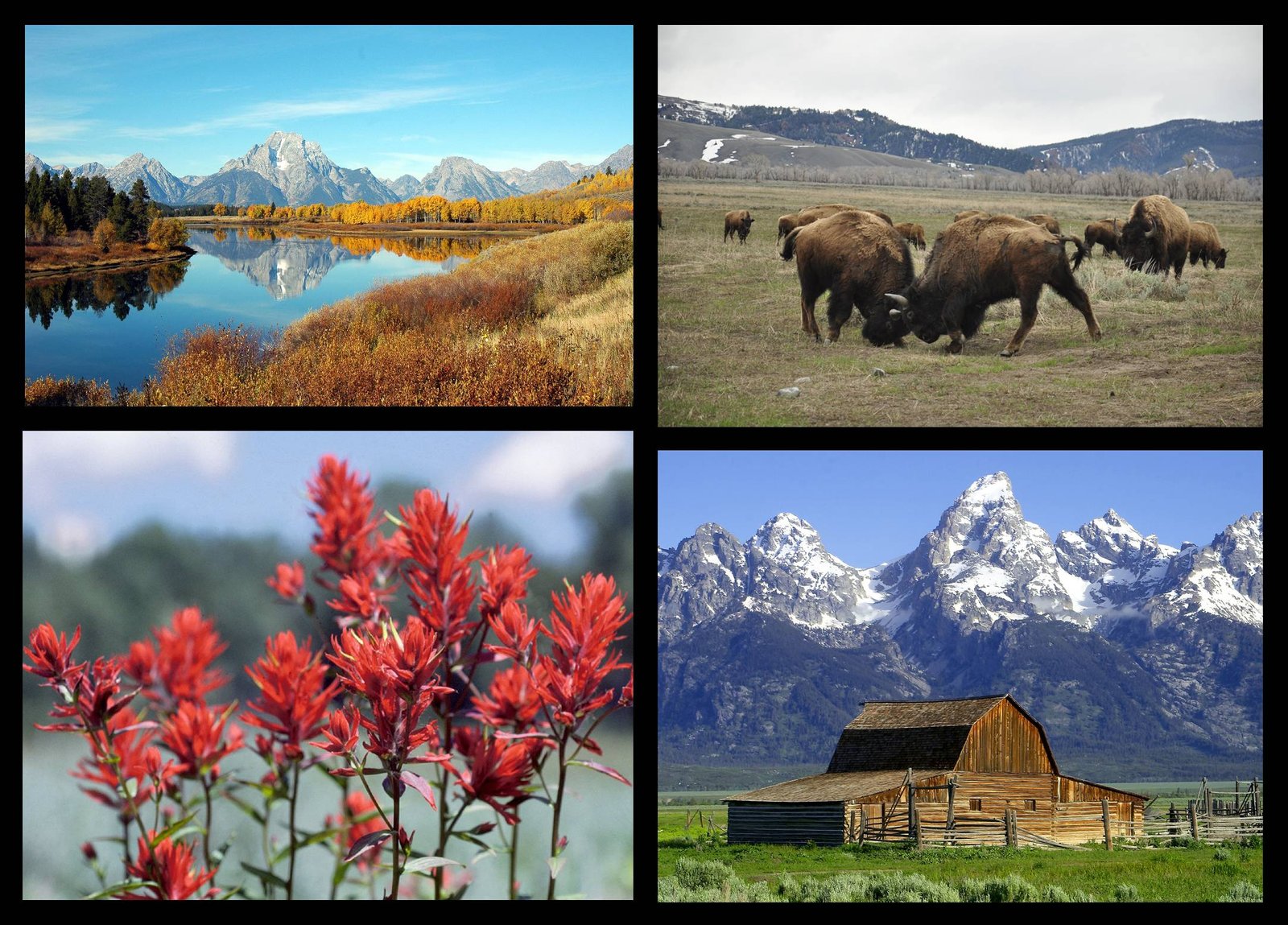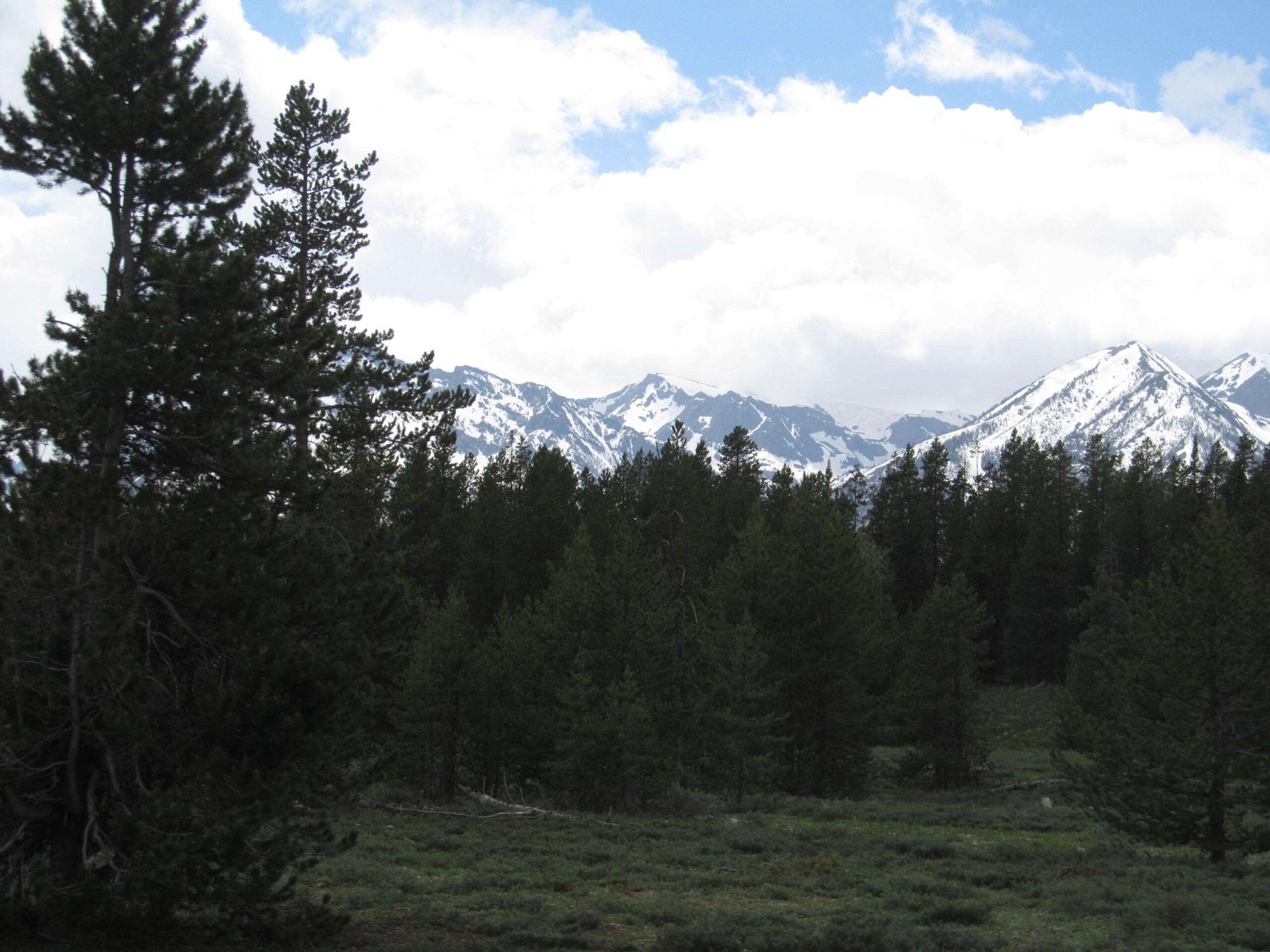Grand Teton National Park hosts approximately 800 moose across its diverse landscape, making these majestic creatures a significant part of the park’s ecosystem. Visitors have excellent opportunities to observe moose in specific habitats, particularly during dawn and dusk, with peak visibility during cooler months like November and December. Understanding their population distribution, preferred environments, and seasonal behaviors can enhance wildlife viewing experiences in this remarkable wilderness.
What Is the Current Moose Population in Grand Teton?

The moose population in Grand Teton National Park is estimated at around 800 individuals, distributed across southern Yellowstone, the park, and surrounding national forests. This population represents a dynamic wildlife presence that has experienced fluctuations over decades.
Population Breakdown Table
| Region | Estimated Moose Count | Habitat Characteristics |
|---|---|---|
| Grand Teton NP | ~500-600 | Willow meadows, river valleys |
| Surrounding Areas | ~200-300 | Mixed forest, marshy regions |
Where Do Moose Typically Reside in the Park?

Moose in Grand Teton National Park prefer specific ecological niches that provide optimal living conditions:
- Willow Meadows: Primary habitat with abundant food sources
- Riparian Zones: Areas near rivers and streams
- Elevation Range: 6,000-8,000 feet above sea level
- Forest Edges: Transitional zones between woodland and open spaces
What Factors Influence Moose Visibility?
Several critical factors determine moose observation opportunities:
- Seasonal Variations
- Peak visibility: November-December
-
Reduced visibility: Mid-summer during dense vegetation periods
-
Daily Timing
- Most active: Dawn and dusk
-
Less active: Midday heat
-
Environmental Conditions
- Cooler temperatures increase movement
- Reduced human disturbance enhances wildlife presence
How Can Visitors Maximize Moose Observation Chances?
Recommended strategies for successful moose viewing include:
- Visit recommended locations like Oxbow Bend and Willow Flats
- Use binoculars or telephoto lenses
- Maintain safe distances (at least 25 yards)
- Join guided wildlife tours
- Check with park rangers for recent sighting information
What Challenges Affect Moose Population?
Moose populations face multiple environmental challenges:
- Habitat fragmentation
- Climate change impacts
- Predation from wolves and bears
- Limited food resources during harsh winters
Conservation and Monitoring Efforts
Park wildlife biologists continuously monitor moose populations through:
- Annual population surveys
- Tracking migration patterns
- Habitat health assessments
- Collaborative research with regional wildlife agencies
Interesting Moose Facts
- Adult moose can weigh up to 1,500 pounds
- Males grow impressive antlers annually
- They are excellent swimmers
- Primarily herbivorous, consuming willow, aspen, and aquatic vegetation
Recommended Viewing Locations
| Location | Viewing Difficulty | Best Time |
|---|---|---|
| Oxbow Bend | Easy | Early Morning |
| Willow Flats | Moderate | Dawn/Dusk |
| Moose-Wilson Road | Challenging | Late Afternoon |
Safety Recommendations
- Never approach moose
- Use telephoto lenses
- Stay in designated viewing areas
- Carry bear spray
- Wear neutral-colored clothing
Pro Tip: The best moose viewing experiences occur when visitors remain patient, quiet, and respectful of wildlife habitats.
Final Wildlife Observation Notes
Understanding moose behavior and habitat preferences significantly enhances wildlife viewing experiences in Grand Teton National Park. Visitors who approach observation with knowledge, respect, and patience will likely enjoy memorable encounters with these magnificent creatures.

